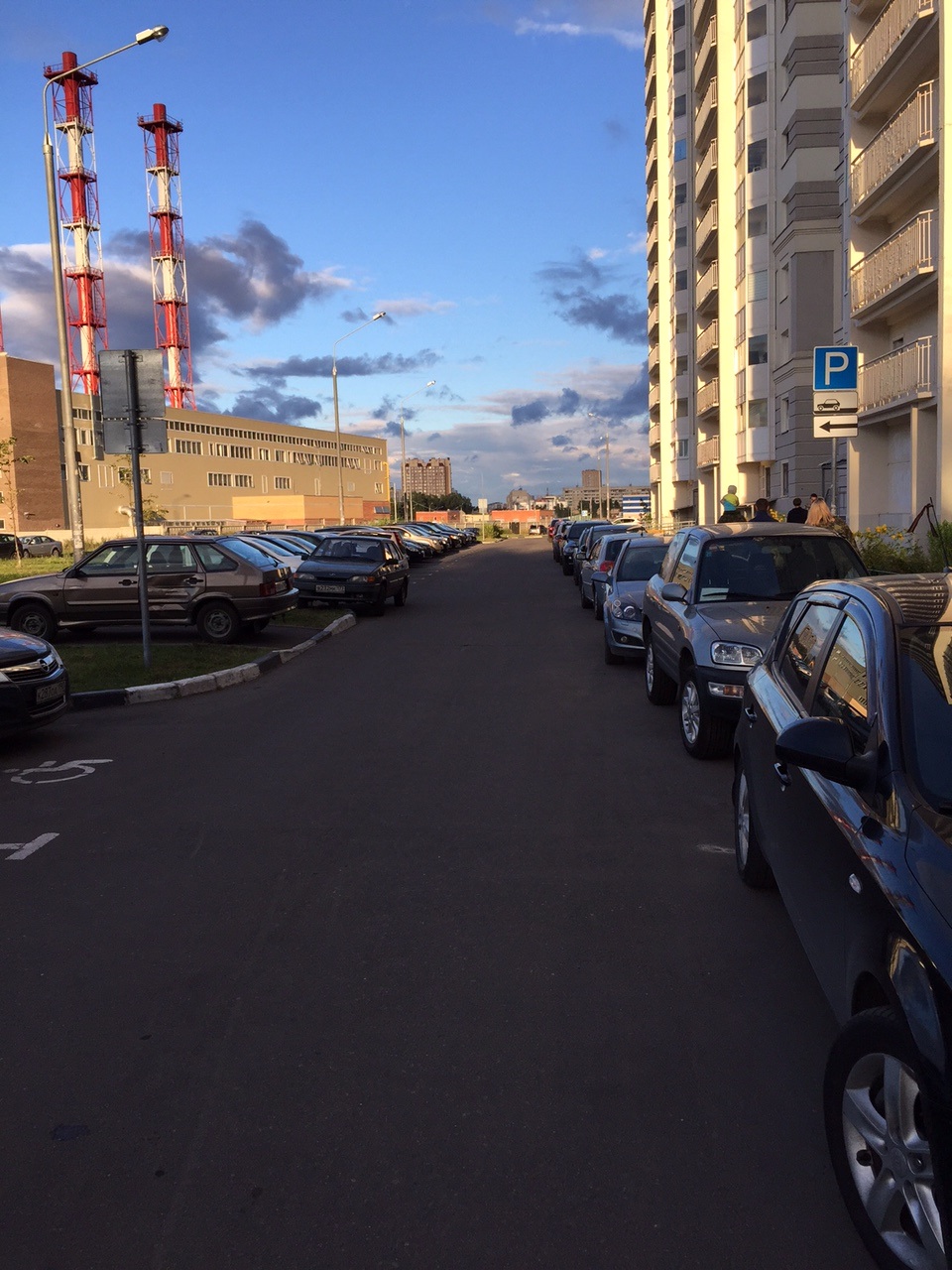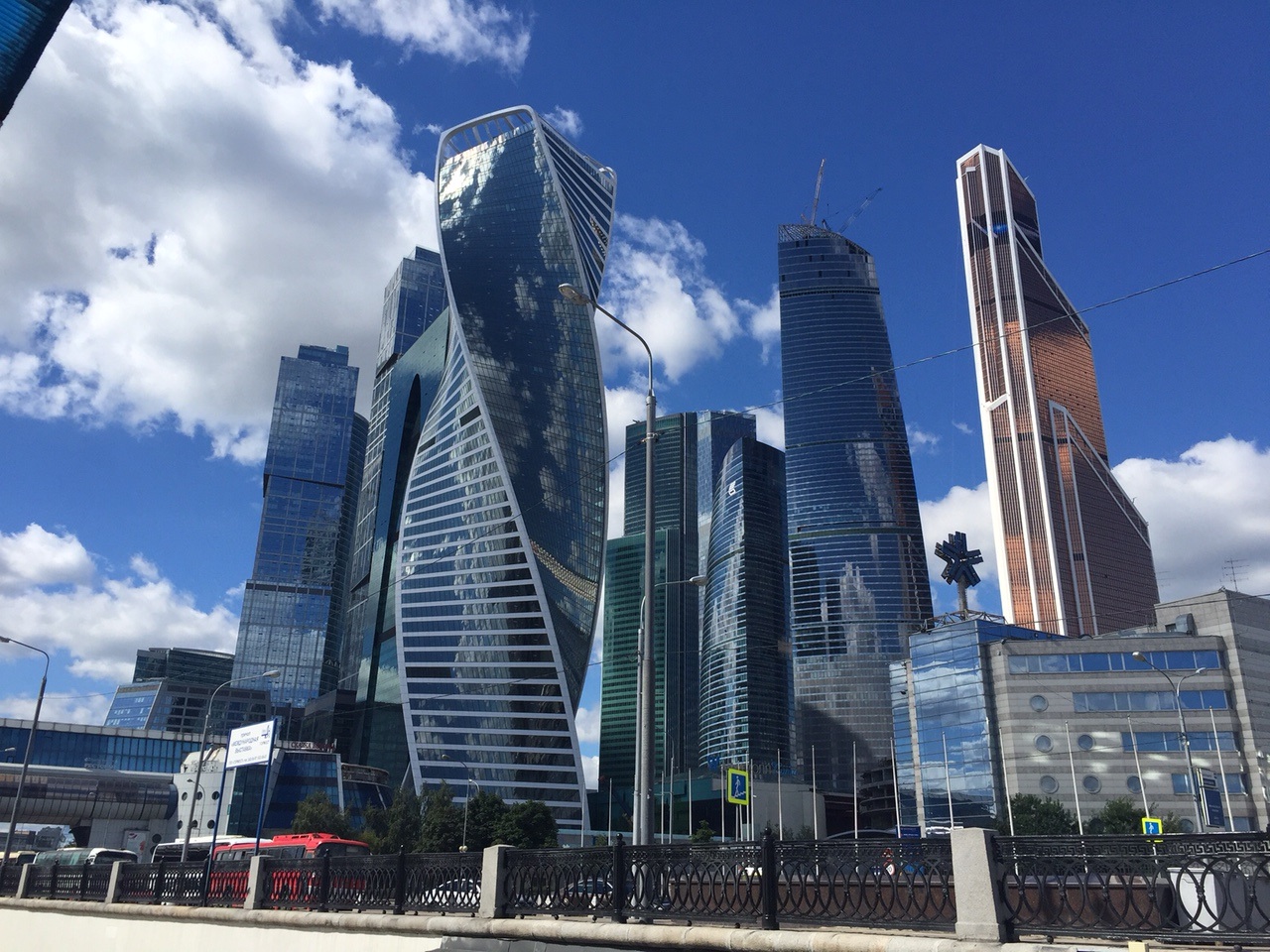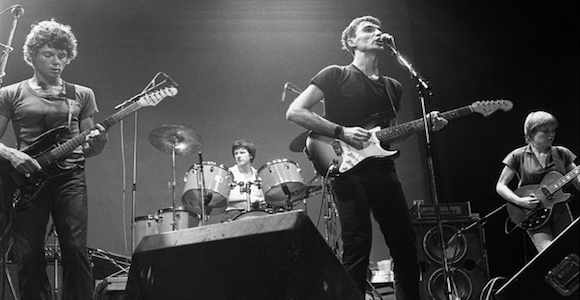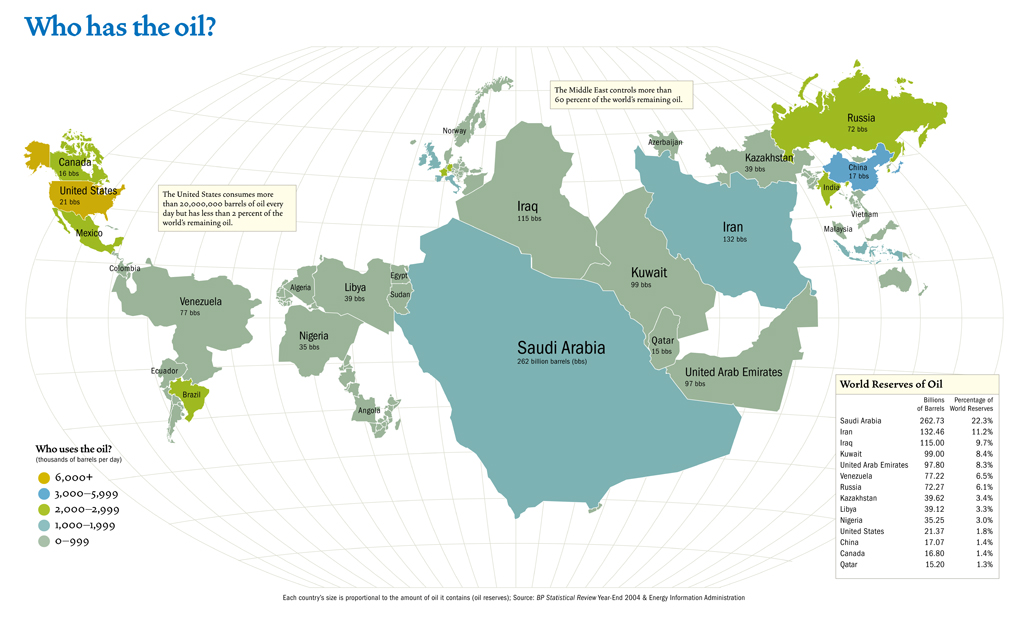The Museum of the Russian Revolution of 1905
 Tuesday, September 1, 2015 at 4:00AM
Tuesday, September 1, 2015 at 4:00AM
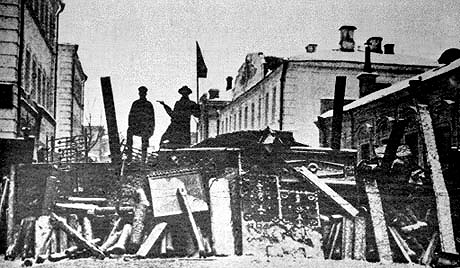 Barricades in MoscowThose of you who remember your high school history might be saying to yourself: "Doesn't he mean the Revolution of 1917?"
Barricades in MoscowThose of you who remember your high school history might be saying to yourself: "Doesn't he mean the Revolution of 1917?"
No, there actually was a revolution in Russia that failed in 1905. Here is the Wikipedia discussion of the causes of that revolution:
According to the author Sidney Harcave, who wrote The Russian Revolution of 1905, there were four problems in Russian society at the time that contributed to the revolution: the agrarian problem, the nationality problem, the labour problem, and the educated class problem. Taken individually, these issues may not have affected the course of Russian history, combined the problems created the conditions for a potential revolution.
"At the turn of the century, discontent with the Tsar’s dictatorship was manifested not only through the growth of political parties dedicated to the overthrow of the monarchy but also through industrial strikes for better wages and working conditions, protests and riots among peasants, university demonstrations, and the assassination of government officials, often done by Socialist Revolutionaries."
https://en.wikipedia.org/wiki/Revolution_of_1905
There were some reforms as a result of this uprising, but since there was another revolution in 1917, it was not enough.
We more or less stumbled upon the museum while we were walking in Moscow and leaving a Church (the ladies having to stay outside as they had no scarfs. For those interested in this Biblical issue click here) Igor mentioned that a house we walked by was where the Revolution of 1905 was planned. Next door was a museum and Diorama. We returned after our boat ride and saw the museum.
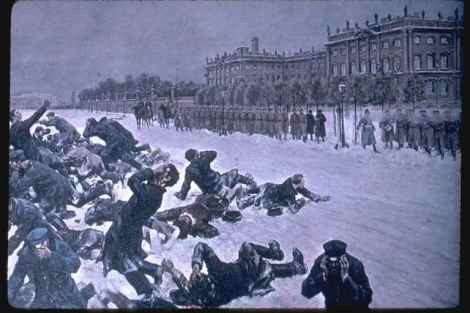 Bloody Sunday In St Petersburg I most enjoyed the paintings that depicted the city and the society of 1905. It also included a large number of artifacts from that time–a printing press, beds that would have been used by workers (they did not look comfortable), and lots of other artifacts too numerous to mention. There were also rooms that had items from the Great Patriotic War (WWII to us) and a large room dedicated to the uprising in Moscow that ended communism in 1991 by opposing a military-led coup against Gorbachev. (I will talk about this later.)
Bloody Sunday In St Petersburg I most enjoyed the paintings that depicted the city and the society of 1905. It also included a large number of artifacts from that time–a printing press, beds that would have been used by workers (they did not look comfortable), and lots of other artifacts too numerous to mention. There were also rooms that had items from the Great Patriotic War (WWII to us) and a large room dedicated to the uprising in Moscow that ended communism in 1991 by opposing a military-led coup against Gorbachev. (I will talk about this later.)
Most impressive was the diorama of the Revolution. In a large room, and done in various scales to show distance, was a layout of Moscow in 1905. Except for when we are kids and we do dinosaur dioramas, and the occasional Disney diorama desperately in need of refurbishing that we might see, dioramas are a lost art for Americans. We were seated right in front of a reconstruction of a barricade.
There was sound effects, and lights of the various things that happened on that day. The narration was in Russian, but it looked impressive. After the Russian version, there was a delay and the Russians left. We stayed and the English version was played just for me. While it was shorter, it was also impressive.
The assistant director then gave us a private tour of the rest of the museum since I was English-speaking and he had a modest amount of English. Mostly he read from an old script in English for me to explain the various exhibits. While traveling in Russia does present linguistic difficulties for an English speaker, the Russians go out of their way to be helpful, and the private tour was a prime example of this. Click here for a brief description of the museum.
One interesting thing that happened was that the narration in English talked about the workers, and solidarity and so on, typical soviet propaganda as the narration was written before the fall of the Soviet Union. But the more I thought about it, the less like propaganda it seemed. Does anyone doubt that workers were mistreated in Russia in 1905? Not if you have any sense of history at all.
Of course American workers were well treated at that time! Oh...wait...I just remembered a variety of blog entries that the beloved editor of this blog, Pam Dewey, has done on the treatment of American workers at 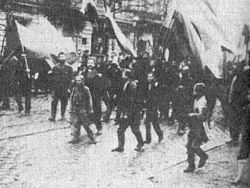 March on the Tsars Winter Palace. As you can see from the above painting it did not end well. roughly the same time as the Revolution of 1905--it was not pretty. A sample:
March on the Tsars Winter Palace. As you can see from the above painting it did not end well. roughly the same time as the Revolution of 1905--it was not pretty. A sample:
"Pinching Pennies--'til They Screamed" (Expose' of horrific working conditions of young women employed in Department Stores in New York City, from McClure's magazine in 1910)
"Plausible Deniability" (Overview of the 1911 Triangle Shirtwaist Factory fire in New York City that killed 146 people, most of them young women 16 to 23, caused by hellish working conditions)
"And a Little Child Shall Lead Them" (Five-part series on the horrors of Child Labor in America around the turn of the 19th/20th Century)
This is leading me to return to a subject I talked about on occasion before my blog's hiatus. I have talked before about what I call templates, or ways of looking at the world that we all use. These can be helpful, but they can also lead to error. If we accept the propaganda we read without critical thought, we will end up parroting what we are supposed to believe.
Would I have been on the barricades fighting the Tsar? I am not sure. But will you join me on a metaphorical barricade as I begin to talk about the templates we use and propaganda?
 Russia
Russia 